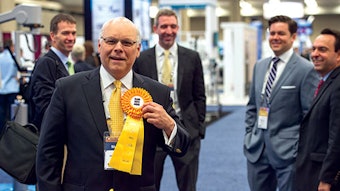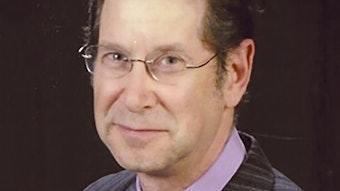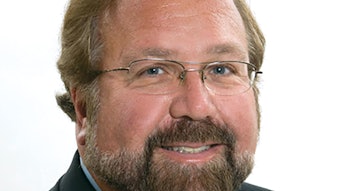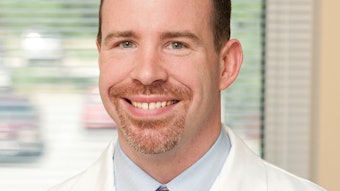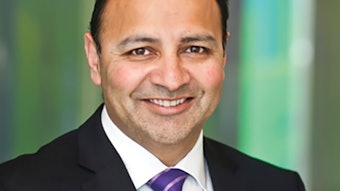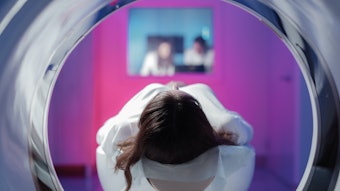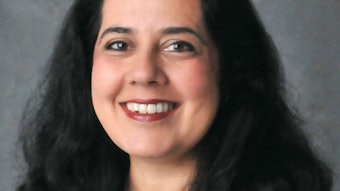Hola from Havana
I have just returned from Havana, Cuba, where I had the pleasure of attending the 35th Pan-American Congress on Otolaryngology-Head and Neck Surgery.
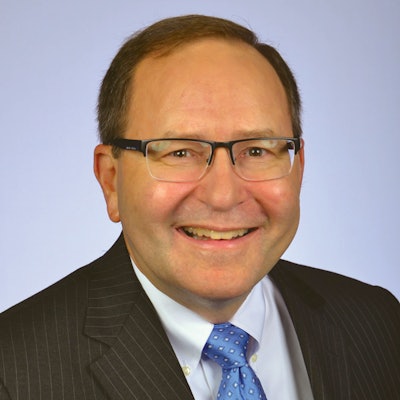 James C. Denneny III, MD
James C. Denneny III, MD
AAO-HNS/F EVP/CEO
The interactions with our international colleagues stressed our increasing ability and willingness to share both cultural and medical experiences for the benefit of our patients across the globe. There was considerable excitement among the international attendees as our delegation, headed by AAO-HNS/F President Sujana Chandrasekhar, MD, President-elect Gregory W. Randolph, MD, and Coordinator for International Affairs James E. Saunders, MD, presented our plan for the International Symposium that will premiere at our Annual Meeting in San Diego.
Our plans for the AAO-HNSF International Advisory Board, which will consist of members of our International Corresponding Societies and holds its first meeting at our 2017 Annual Meeting in Chicago, were well received. Dr. Chandrasekhar continued her worldwide promotion of the AAO-HNS and otolaryngology-head and neck surgery with a number of presentations, which she delivered in Spanish. I thank both our hosts in Cuba and the Pan-American Association for organizing this landmark meeting as well as the exceptional hospitality and friendship they showed our delegation.
The quality of this program heightens the exciting buildup to our meeting in San Diego, where we will have six distinct sessions for international presentations in our International Symposium. There will be an updated presentation on our clinical data registry, RegentSM, along with enrollment opportunities for founding Member-participants, and an outstanding Opening Ceremony speaker in physician, entrepreneur, and former astronaut Mae C. Jemison, MD. San Diego is a great city for a meeting and I encourage you to finalize your plans to attend.
Help with CMS regs, structures
The Centers for Medicare & Medicaid Services (CMS) released its proposed rule regarding the structure in detail of the Merit-based Incentive Payment System (MIPS) and Alternative Payment Models (APMs) on April 27. Our health policy team in collaboration with multiple medical organizations thoroughly reviewed the 962-page document and forwarded comments to CMS relating to our Members’ participation in these new payment models described in the MACRA bill passed in 2015. The final rule will come out most likely in late October. We acknowledged policies that we feel will benefit physicians and patients and pointed out concerns we have with the rule. A significant concern is the short turnaround Members will have to comply with the rule that comes out two months prior to the proposed start date for 2017 data gathering. This data will apply to the original MIPS payments in 2019. It will require significant education no matter what practice setting Members work in. This comes at a time when CMS will also be initiating a program to gather data on 10- and 90-day global surgical periods using a new G code system. We pointed out the severe burden this will place on our Members to make major changes into systems at the same time and ask for a minimum six-month delay to begin the MIPS reporting. We feel there is also unnecessary complexity in the calculation of a number of the MIPS scoring system.
An encouraging portion of the proposed rule involves specialty-based registries and qualified clinical data registries (QCDRs). It is apparent from the rulemaking that providers participating in a registry will have a significant advantage in meeting the reporting requirements in three of the four pillars described in the MIPS system. We will have details about these opportunities at our presentation on RegentSM, our QCDR and clinical data registry, at the Annual Meeting. The presentation format will include extensive question-and-answer period to clarify how a registry will facilitate participation in the federal payment systems. I encourage everyone to attend that presentation and sign up in our registry.

